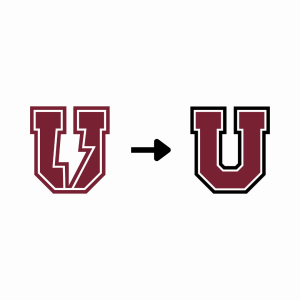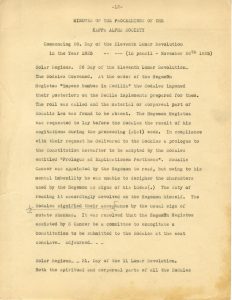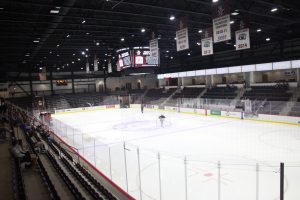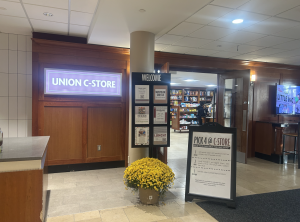Professors Speak on the 76th Session of the United Nations General Assembly in New York City
September 29, 2022
The 76th Session of the United Nations General Assembly took place on September 21, 2022 at the United Nations Headquarters in New York. The meeting, whose agenda was dominated by the escalating war between Russia and Ukraine, served as a forum for a multitude of world leaders to address key issues in the contemporary world. But while world leaders debated in New York, Union’s professors gave their advice on how to interpret those debates.
One of the General Assembly’s most influential speakers, President Joe Biden stated in in his speech at the United Nations on the topic of Russia’s invasion of Ukraine that “Russia has shamelessly violated the core tenets of the United Nations Charter — no more important than the clear prohibition against countries taking the territory of their neighbor by force.”
Henry and Sally Schaffer Professor of Holocaust and Jewish Studies Stephen Berk said of the topic of the President’s speech, “President Biden is acting well, he called it the way it is — a naked act of aggression. But the problem is that here we are dealing with a cornered man, [Putin], who is up against the world and since he is losing on the battlefield he may use a tactical nuclear weapon and that is the ultimate nightmare that Biden and everyone are worried about.”
Professor Robert Hislope, who teaches global politics at Union said of the same speech and the assembly in general that “There are a handful of leaders—and potential leaders—who pose a clear and present danger to the collective security of the world: Putin, Xi, Kim Jong-un, and should he run and win re-election, Donald J. Trump. States and peoples committed to democracy, human rights, free and fair trade, and international institutions must do everything possible to combat the forces of authoritarianism, radical right-wing populism, territorial revisionism, and ethnic and racial hatred. So yes, Biden’s statements were necessary, and many more such statements will be required to combat the existential threats”
European Union Foreign Policy Chief Josep Borell also spoke to the General Assembly to a similar effect as President Biden, relaying to the assembly that sanctions targeting the Russian economy were planned after an emergency meeting with the EU foreign ministers although no timeline has been given for implementation. Borell only said that sanctions would be carried out “as soon as possible.” Borell also claimed that Putin is trying to destroy Ukraine by “different means” as he is not able to do it “militarily.” He also asserted that the EU will not “directly engage” with war but will continue to support Ukraine.
Professor Berk is in agreement with the premise of Borell’s statement, asserting that “Putin is playing the long game, hoping to decimate the infrastructure of Ukraine so that he can bring Zelensky to negotiate.”
The Ukrainian President, Volodymyr Zelensky, who appeared by video also demanded a “just punishment” for Russia after its atrocities toward his country. But it seems like the odds of Zelensky’s “just punishment” being carried out without a Ukrainian military victory seem slight. Professor Hislope, speaking on Zelensky’s demand for justice responds “a just punishment will ensure the return of every square inch of territory seized by Moscow, including Crimea, reparations imposed on Russia for the damages to Ukraine’s economy and the full integration of Ukraine into all Western international institution.”
On the topic of justice, Professor Berk says that “Russia should be condemned by the UNGA, because Russia is one of the permanent members of the UNSC and it will veto, however, if Ukranian’s can capture some of the Russian officers or soldiers that they can prove that are directly involved in this war, then they can be put on trial in the International Court of Justice. But other than that with Putin in power it is difficult to do much.” Professor Berk will be giving a lecture on the topic of the war in Ukraine on October 2 in the Nott Memorial, where he is likely to cover the topic of justice in the war in greater detail.






